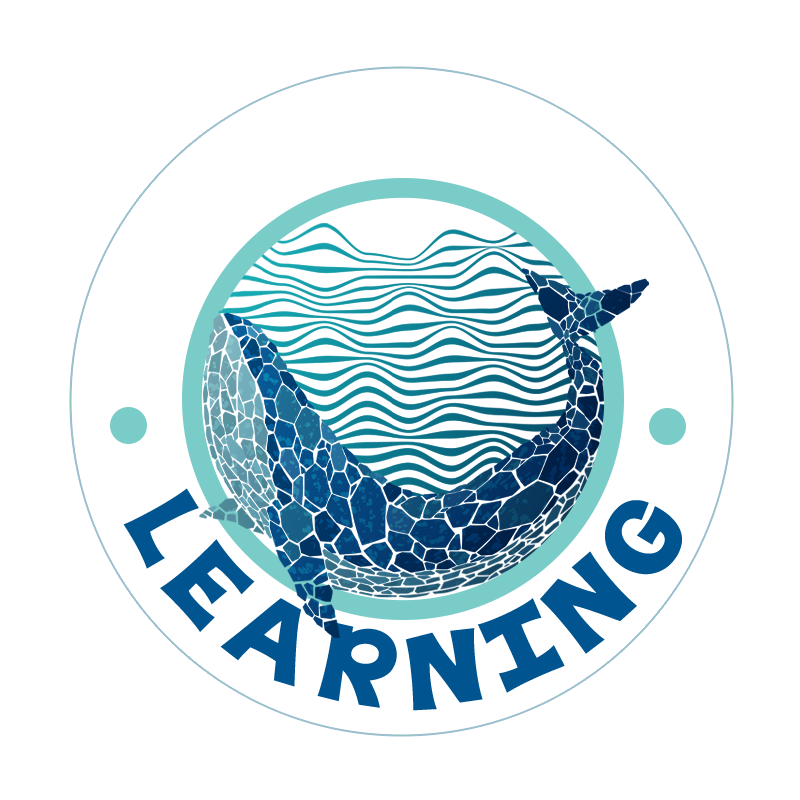
Lose Your Alarm Clock
We spend about a third of our lives asleep. Teens should get nine to ten hours of sleep per night, but many don’t. There are several recommendations for improving sleep patterns, including meditation, ending screen time in the evening, keeping a regular sleep schedule, limiting caffeine—there’s even an app or two (or twenty).

Many of these suggestions fail to take into consideration that teenage biology is different from that of both children and adults. When puberty hits, the body produces the sleep hormone melatonin later in the evening, and keeps it elevated in the mornings. The result? Teens find it harder to fall asleep at night, and harder to get up in the morning. The good news is that the body’s clock starts to shift back when we hit our twenties. The bad news is that, five days a week for most of the year, many teens have to drag themselves out of bed before 7AM.
Chronic sleep deprivation puts teens at risk for mental and physical health problems. The American Academy of Pediatrics recommends 8:30 a.m. as an optimal start time for middle and high school students. Some school districts are paying attention, implementing later start times for these grades. It seems to be helping.
Seattle, Washington recently committed to this idea. Starting in the 2016 – 2017 school year, the district moved school start times for middle and high schools from 7:50 a.m. to 8:45 a.m. This meant adjusting bus routes and extracurricular activities, but students ended up sleeping an average of an extra half hour per night. That may not sound like a lot, but everyone saw better grades and less tardiness after the policy changed. Other school districts are considering changing their policies as well.
So although it’s probably not a good idea to throw your alarm clock out altogether, it might help if you can set it a bit later.
Curriculum Reference Links
- Biological World / Systems and Interactions / 6: Students should be able to evaluate how human health is affected by: inherited factors and environmental factors including nutrition; lifestyle choices; examine the role of micro-organisms in human health
[wpc_button]

